Following Up after a Residency Interview
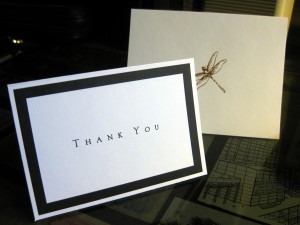
Post-interview follow-ups are considered standard etiquette and a good way to continue communication with the residency program after the interview. Because programs are often bombarded with thank you notes and follow-up letters, the trick is to write long and specific enough to show that you’ve put some thought into it, but short enough so that the reader wouldn’t mind reading it. There are two types of follow up letters I would recommend writing: the Thank You Note and the Letter of Interest.
Thank You Note
After your interview, write thank you notes to everyone who took their time out of their busy schedule to meet with you. These include all of your interviewers, program coordinator, program director, and the residents who took you out to dinner and gave you the tour. Ask the program coordinator if their program prefers thank you notes be sent via email or regular mail. While most programs do not mind either one, I have found that some programs prefer one or the other. Whichever method you use, send in your thank you notes within a week of the interview.
If you decide to send your thank you notes via regular mail, hand-write them rather than type them. Handwritten cards appear more personal and are a great way to show off your handwriting, as this can be a very important indication that you would be able to write legible patient notes if you do join the residency program. Buy cards that have more conservative, professional-looking designs, with minimal graphics and minimal use of colors. Don’t get anything too flashy, and certainly don’t get any that plays music when you open up the card!
EXAMPLE:
Dear Dr. _____,
Thank you for taking your time out of your busy schedule to meet with me. I enjoyed my visit and am glad to have been able to get a glimpse into what it would be like to be a part of your community. I really enjoyed speaking with you about _________. I find your program to be very ________. It was a pleasure meeting you and thank you again.
Sincerely,
Jane Doe
For your top choice programs, you can consider ending your thank you letter with “I hope to see you again soon” or another similar phrase.
Letter of Interest
Near the end of interview season during late January or early February, write to your top choice(s) expressing your particular interest in joining their programs. If you know who your top choice is, you can directly tell them that you will be ranking them #1. Be honest. Don’t tell more than one program that you are ranking them #1. For your second and third choices, you can tell them that you will be ranking them highly or that they are among the top. Since “rank you highly” or “among the top” may be interpreted as “not #1,” you could write “I would be thrilled to match with you all” or something along those lines.
It is to your advantage that your top choice program knows that you are ranking them number one on your rank order list. Programs may want candidates who are particularly interested and enthusiastic about their program. Some programs may also find pride that they can fill their spots with less number of rankings.
EXAMPLE:
Dear Dr. _____,
Thank you again for considering me as a candidate for your program. I wanted to touch base with you in letting you know that I am very interested in your program and would be honored if I could spend the next few years here with you all. What I love most about your program is __________. With my desire to _______ and my experience in _______, I hope to be a valuable asset to your program and a good fit as well. Thank you again for having me, and I hope to see you in the future.
Sincerely,
Jane Doe
For your #1 program, you can tell them “I am ranking your program #1 on my Rank Order List” or something along these lines.
Tips:
- Don’t write too long. Programs probably get tons of mail, and writing too long would burden them.
- Don’t constantly call them or write them. Just do enough to get the message across that you are interested, but not so much that you make yourself appear desperate. I think it would be excessive to also write Thanksgiving, Christmas, or New Years cards, etc., so I don’t recommend doing so. Only write emails to ask questions when you genuinely have a question.
- Double-check your spelling and grammar.
- It is most important to have a good interview. An eloquently written thank you letter cannot make up for a bad interview.
Links for Residency Interview and Match
- How to Apply for Residency
- How to Improve your MSPE Letter
- Most IMG-Friendly States
- How to Prepare for Residency Application Season
- How Many Residency Programs to Apply to?
- Questions Asked During a Residency Interview
- Dos and Don’ts of Residency Application and Interview
- How to Dress for a Residency Interview
- Following Up After a Residency Interview
- Tips on Ranking Residency Programs


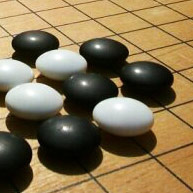
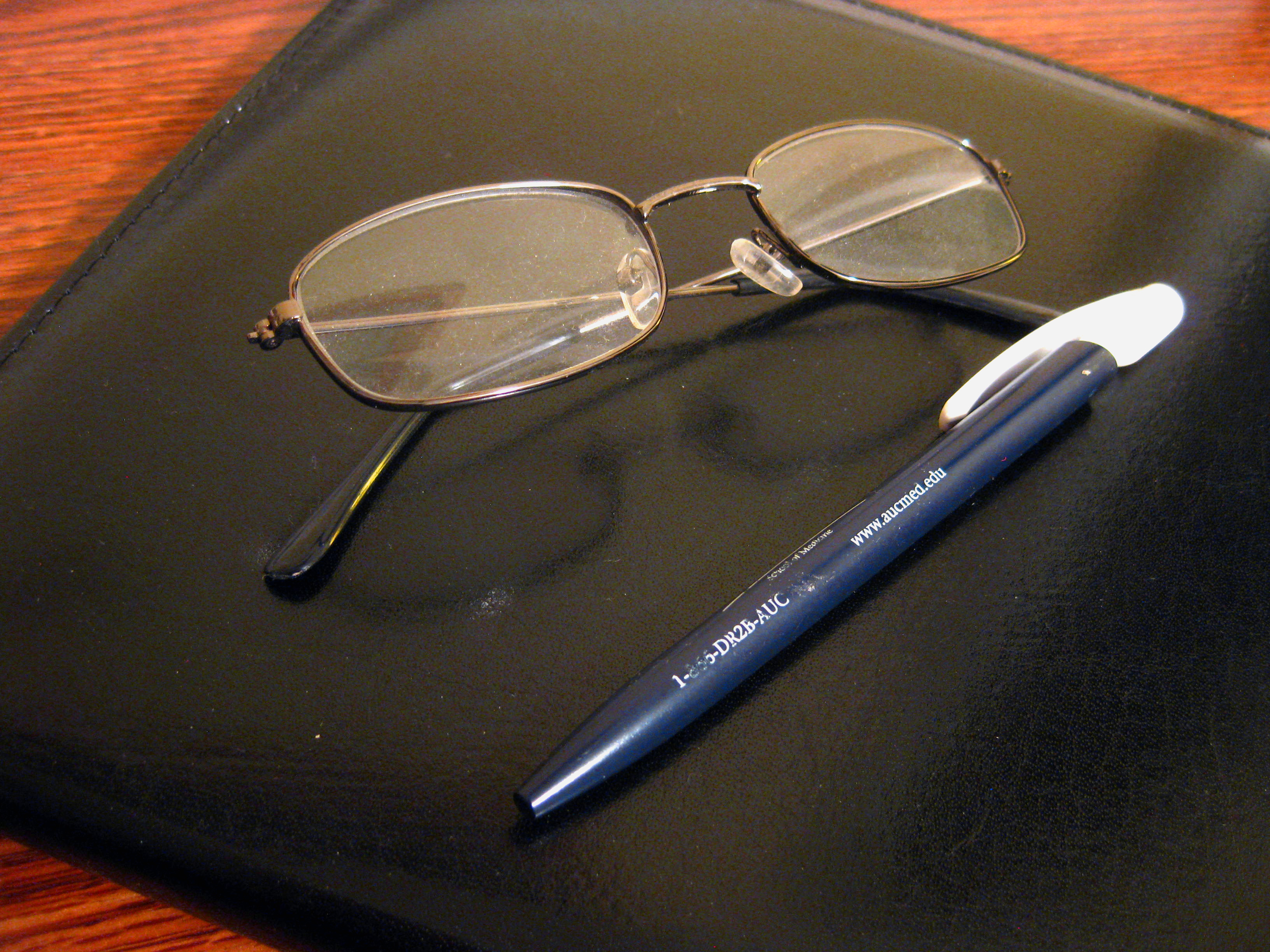
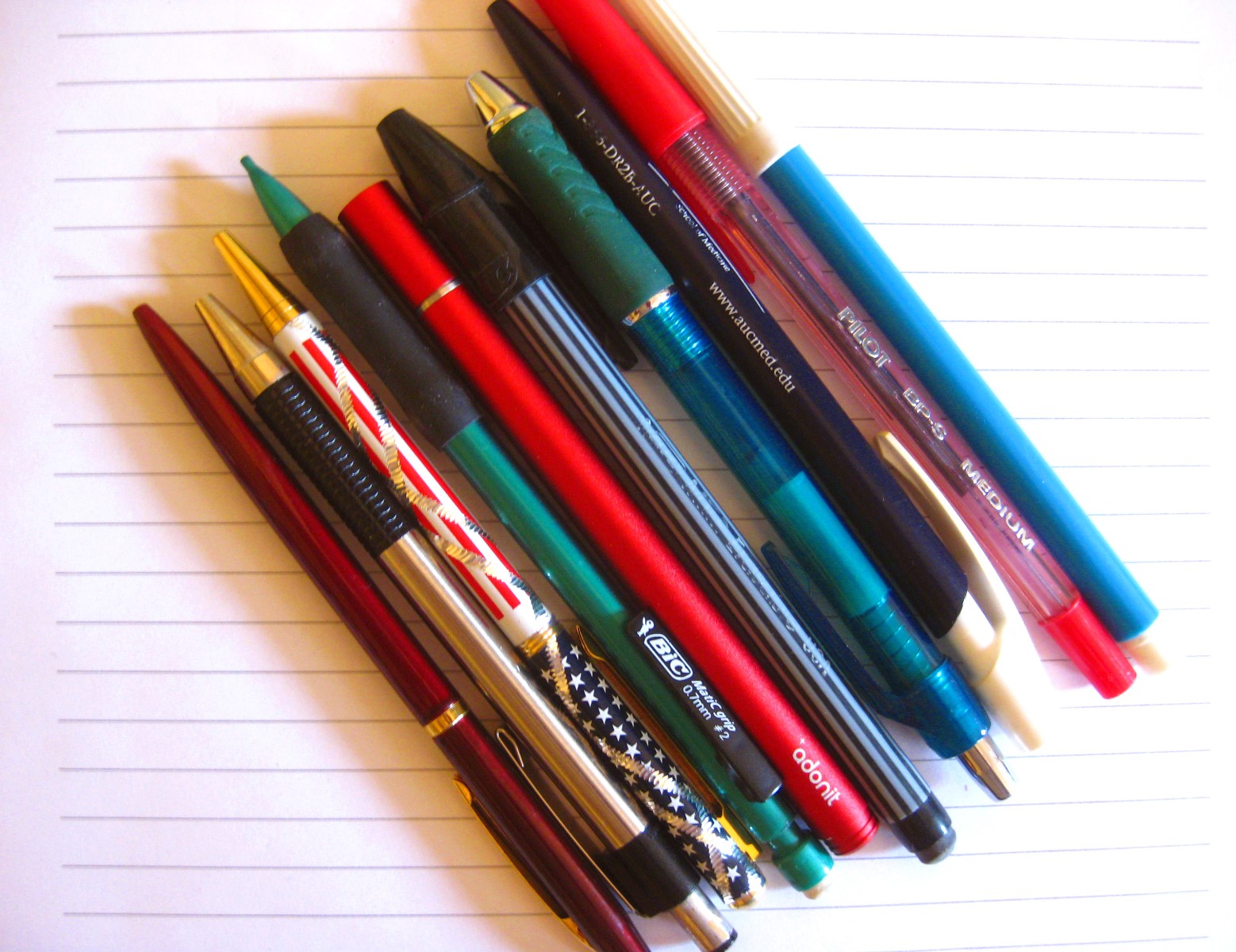
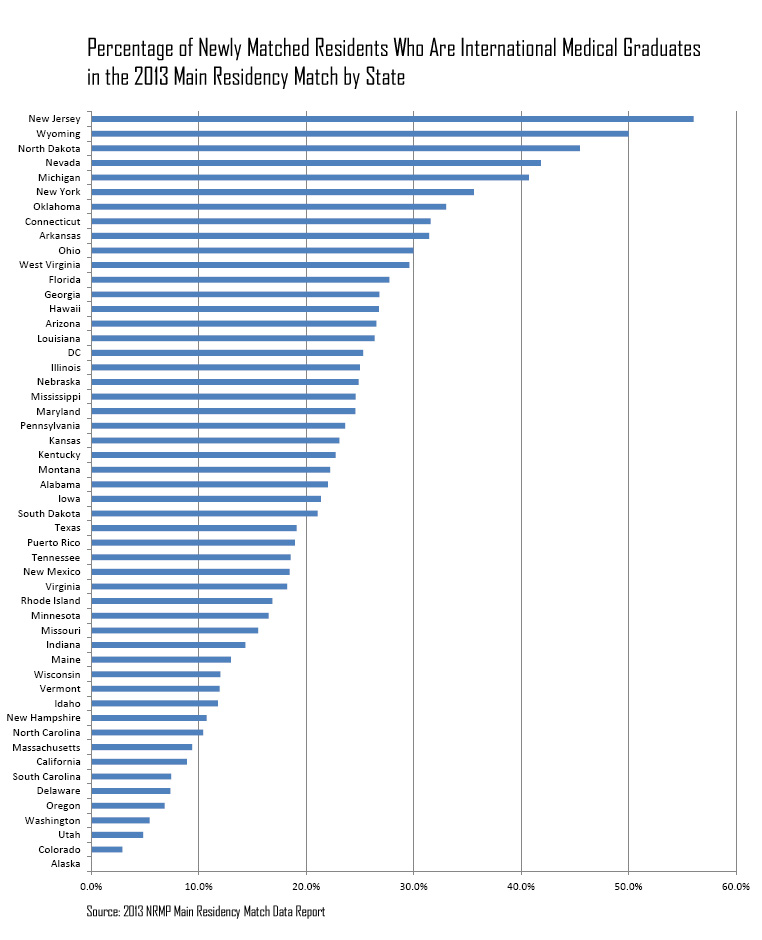








Great advice! Really appreciated all the information about etiquette when it comes to the Letter of Interest. Good luck in all your future endeavors!
Best of luck Abiola!
Hi Benji,
I wrote the Letter of Interest and some programs replied with very nice comments about how I will be a good fit. Should I reply back with a short Thank You, or is that too much?
I personally did not, since you would just be replying to a reply.